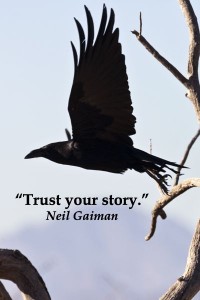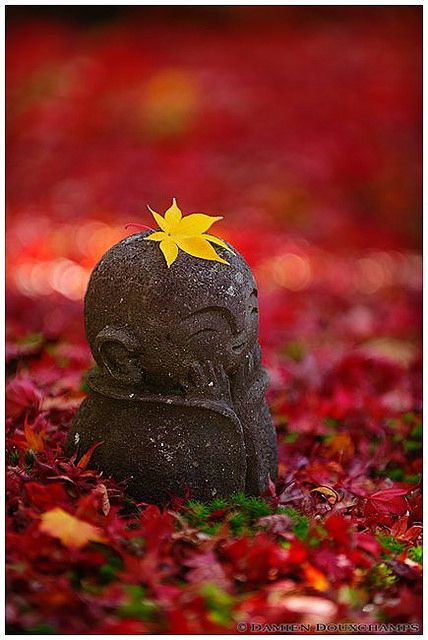Dear Integral Meditators,
Consciously learning to focus your mind where it needs to be is a primary life skill that we can develop through meditation and mindfulness, the article below explores how you can begin today.
For those of you interested in meditative art; When I do a soul portrait for someone, I don’t always know what the significance some of the images, lines and colours are. The response from a client to her soul portrait that I have posted (with her permission)HERE illustrates just how much this is the case!
Yours in the spirit of joyful focus,
Toby
 What do I Need to Focus Upon Now? (The Field of Awareness, the Art of Mindfulness)
What do I Need to Focus Upon Now? (The Field of Awareness, the Art of Mindfulness)
In each moment you experience a field of awareness. Within that field there are many things going on. As I am sitting here on a Friday evening I can hear the traffic outside, the cat sneezing on the balcony, the sound of the fan and music. I can feel the open, spacious effect of the meditation I have done, just an inner open pure awareness. There are thoughts formulating in my mind as I type out the article, there is the residual emotions of a long day. Could go on, but I think you get the idea.
The art of practical mindfulness is simply to keep asking the question “What do I need to focus upon now?” and then train your attention on hold itself where it needs to be. The key understanding here is that what you need to be focusing on changes many times in each day. As I am writing this article on my computer, it is appropriate for my conscious awareness to be focused upon my mental process and typing. Earlier on when I was meditating my attention was absorbed into a spacious experience of deeper consciousness. Still earlier when I was putting my daughter to bed my attention was focused on that process. After writing I’ll have a drink before I go to bed and turn my mindful attention to processing the events and emotions of the day. Each of these states of mindful attention is different, but appropriate.
If I was thinking about my article whilst meditating, that would render my meditation ineffective. If I was processing my emotions from my day whilst putting my daughter to bed, that would make me less effective at that task. If I was zoning out in meditation whilst trying to get this article writ, it wouldn’t get done.
The art of mindfulness is knowing what to focus upon within your field of awareness at any given moment in your day, and to keep changing your object of awareness appropriately as you go through your different activities and tasks.
If you can do this well then your tasks will be as successful as they can be according to your limitations. What’s more, because you are focusing appropriately on each area you will naturally get better at each activity thereby extending your capabilities, which in turn will lead to greater success, self-esteem and happiness.
So there is your question; “what do I need to focus upon right now?” If you keep asking this question each day your mindfulness, effectiveness and wellbeing will improve correspondingly.
For a further exploration of this topic see my article on street mindfulness.
© Toby Ouvry 2014, you are welcome to use or share this article, but please cite Toby as the source and include reference to his website www.tobyouvry.com











